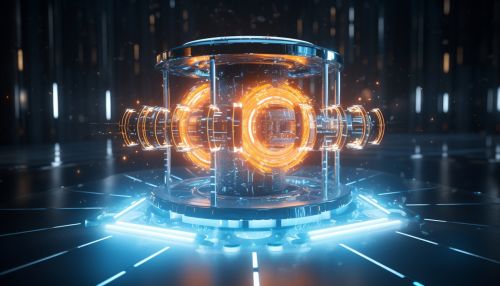The Physics of Quantum Computing Algorithms
Introduction
Quantum computing is a rapidly evolving field that leverages the principles of quantum mechanics to process information. Unlike classical computers, which use bits as their smallest unit of data, quantum computers use quantum bits or qubits. Qubits have the unique property of being able to exist in multiple states simultaneously, a phenomenon known as superposition. This, along with the property of entanglement, where qubits become interconnected and the state of one can instantly affect the state of another, regardless of distance, allows quantum computers to process vast amounts of data simultaneously. Quantum computing algorithms are the mathematical procedures that harness these properties to solve complex computational problems.
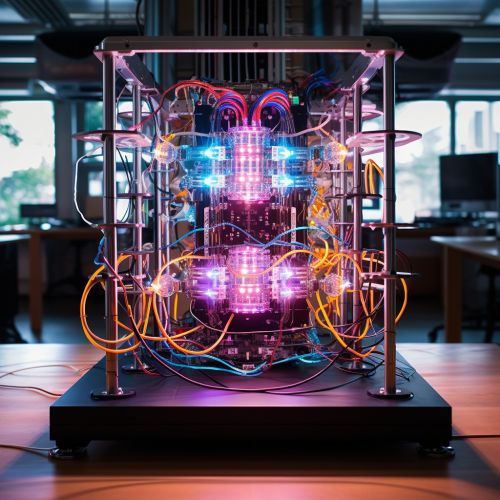

Quantum Computing Algorithms
Quantum computing algorithms are fundamentally different from classical computing algorithms. They are designed to take advantage of the unique properties of qubits, such as superposition and entanglement. These algorithms can be broadly classified into four categories: quantum simulation algorithms, quantum Fourier transform and its applications, quantum search algorithms, and quantum factorization algorithms.
Quantum Simulation Algorithms
Quantum simulation algorithms are used to simulate the behavior of quantum systems. They are particularly useful in fields such as chemistry and materials science, where understanding the quantum behavior of particles can lead to significant advancements. The most notable quantum simulation algorithm is the Quantum Phase Estimation Algorithm (QPEA), which estimates the eigenvalue of a unitary operator.
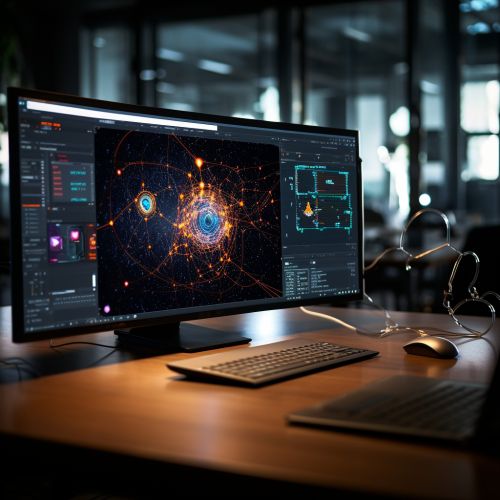
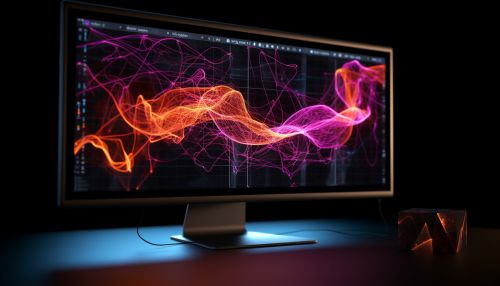
Quantum Fourier Transform and Its Applications
The Quantum Fourier Transform (QFT) is a linear transformation on quantum bits and is the quantum analogue of the discrete Fourier transform. The QFT takes a wavefunction of N quantum states and maps it to another wavefunction. It is an essential part of many quantum algorithms, including Shor's algorithm for integer factorization and the quantum phase estimation algorithm.
Quantum Search Algorithms
Quantum search algorithms, such as Grover's algorithm, offer a significant speedup over classical search algorithms. Grover's algorithm, for instance, can search an unsorted database in √N queries, compared to N queries required by classical algorithms. This algorithm has wide applications in various fields, including cryptography, data mining, and software testing.

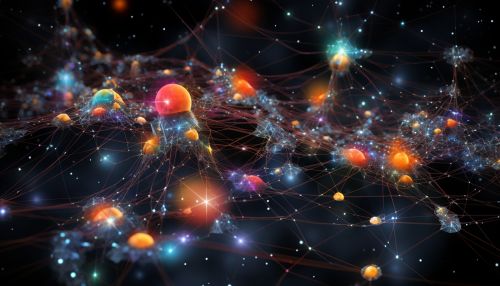
Quantum Factorization Algorithms
Quantum factorization algorithms, such as Shor's algorithm, can factorize large numbers exponentially faster than the best-known classical algorithms. This has significant implications for cryptography, as many encryption algorithms rely on the difficulty of factorization of large numbers.
Quantum Gates and Circuits
Quantum gates are the basic building blocks of quantum circuits. They are used to manipulate qubits by changing their state, creating superposition, or creating entanglement. Unlike classical gates, which are deterministic and perform operations like AND, OR, and NOT, quantum gates are probabilistic and can perform more complex operations. Some of the most common quantum gates include the Pauli-X, Pauli-Y, Pauli-Z, Hadamard, and CNOT gates.
Quantum circuits are sequences of quantum gates. They are used to perform quantum computations and implement quantum algorithms. Quantum circuits are typically represented as a series of gates applied to an initial state of qubits.
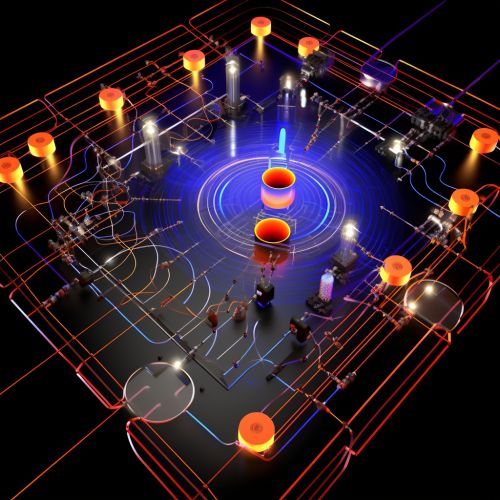
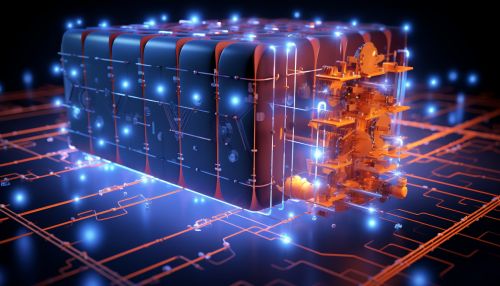
Challenges and Future Directions
Despite the potential of quantum computing, there are several challenges to its widespread adoption. These include the difficulty of maintaining quantum coherence, error correction, and the lack of a universal quantum computer. However, ongoing research and advancements in quantum technologies are gradually overcoming these challenges.
The future of quantum computing looks promising, with potential applications in various fields such as cryptography, optimization, machine learning, and drug discovery. As quantum technologies continue to evolve, we can expect to see more sophisticated quantum algorithms and more powerful quantum computers.

